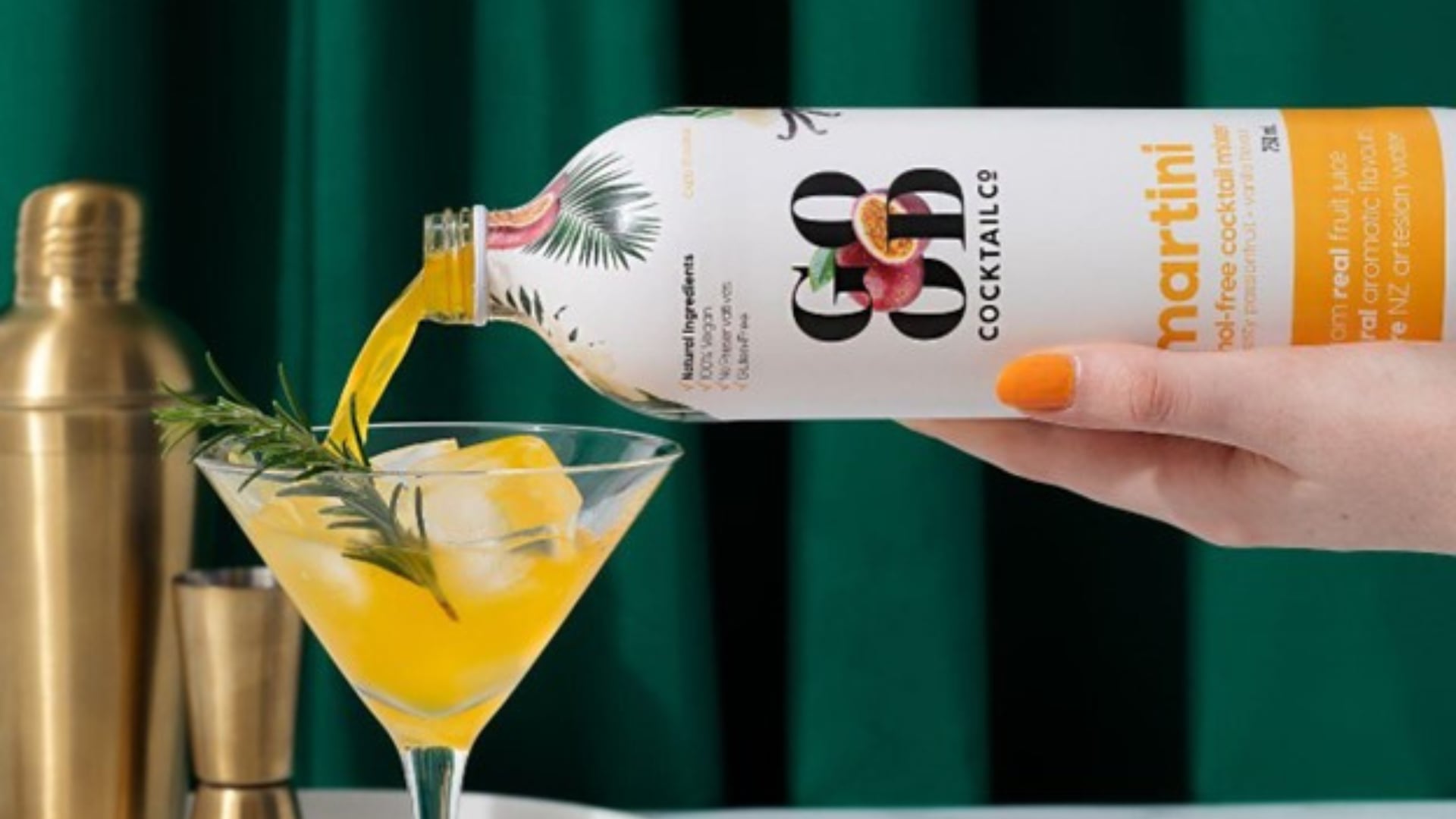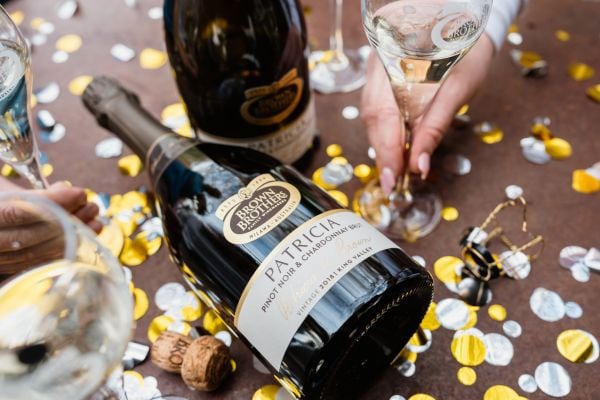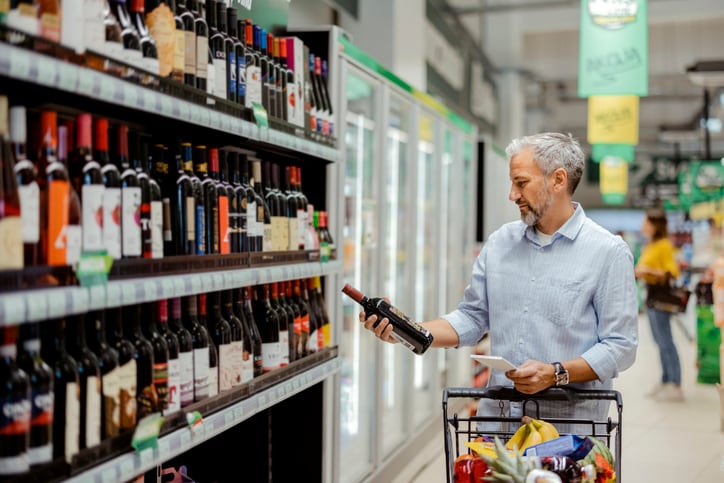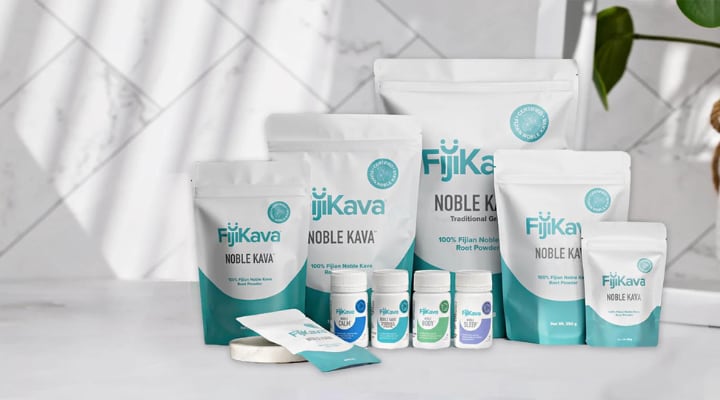Shifting focus to this market segment is practical as spending has dropped for non-alcoholic beverages, said Good Cocktail co-founder Rhona MacKenzie.
MacKenzie declined to reveal the percentage drop in sales, but said that it is “not good”, though she is staying optimistic that the firm can weather the storm.
Good Cocktail, founded in 2018, initially thrived in the growing non-alcoholic mixer market but is now adapting to stay afloat.
“We have to reframe ourselves to stay alive. When we first launched the brand everyone was talking about non-alcoholic gin, non-alcoholic spirits, non-alcoholic everything, so we fitted ourselves there.
“But now, we’re exploring the shift in focus to being a quality mixer for alcohols. To be clear, we’ll never add alcohol to our products – we’re a mixer brand, and that’s what we’ll always be,” said MacKenzie.
The goal is to adapt to evolving consumer needs.
“There’s always a consumer who’s somewhere in the middle – very few people are strictly one way or the other. Sometimes you drink alcohol, sometimes you don’t.
“It’s important to have the option of a good-quality drink for the times when you’re not drinking alcohol. That’s the trend we’re seeing globally: most people don’t go entirely alcohol-free forever; they have weeks, days, or months where they take breaks,” MacKenzie explained, adding that tough economic times have forced consumers to be cautious about their spending.
Needs versus wants
Consumers might express interest in healthier options, but economic constraints often lead them to prioritise affordability over quality. And even though awareness of clean ingredients is growing, it does not always translate into higher spending, said MacKenzie.
In the current economic climate, price promotions have become crucial as consumers increasingly purchase only discounted products.
“Over the past year, almost every brand, including ours, has relied heavily on price promotions as the primary marketing tool. That’s been the only way to get consumers to respond. They want to see 10% or 20% off on the shelf, and then they buy,” said MacKenzie.
This affects the entire non-alcoholic beverage sector, with sales declining across the board due to economic pressures rather than poor brand execution.
“Right now, especially in Australia, consumers aren’t engaging deeply with brands. They’re focused on essentials – milk, bread, butter.
“In the non-alcoholic category in New Zealand, I’ve seen the data. While our sales are down compared to last year, so is the entire category because of the challenging economic environment,” said MacKenzie.
While consumers benefit from buying more high-quality products at reduced prices, pantry-loading is unsustainable. Brands will eventually need to charge realistically, though keeping goods affordable remains a key challenge.
“Consumers are the winner now. They’re getting quality products at great prices because brands are doing everything they can to survive. But at some point, we’ll need to transition consumers back to realistic pricing.
“The challenge is knowing when to hold firm and make that shift while recognising that right now, many consumers simply can’t afford to pay full price,” said MacKenzie.
Maintaining consumer interest
Good Cocktail’s strategy includes bringing a premium bar experience to mid-range consumers shopping at retailers like Woolworths and ALDI, said MacKenzie.
The firm speaks to hands-on experts on the ground as part of their research, and then formulates flavours that cater to seasonal demands.
“People tend to go for sour flavours in the colder months and sweeter tastes during warmer seasons. It’s not that clean cut but generally this is the trend,” said MacKenzie.
Its latest summer launch uses passionfruit, a star ingredient that is now hugely popular across the region.
“The passionfruit & vanilla martini mixer is made with all-natural, vegan-friendly, and gluten-free ingredients, there are no artificials, just like all of our mixers,” said MacKenzie, adding that everything is sourced within New Zealand.
There are no more than five ingredients in each mixer as the founders believe in keeping things clean and simple.
Good Cocktail’s commitment to using natural quality ingredients has earned accolades, including two stars at the UK’s 2024 Great Taste Awards for its mojito.
“We worked hard to perfect the flavour profile, especially the mint, which can easily go wrong and taste like toothpaste,” MacKenzie said.
Future plans include developing functional beverages using organic ginger and turmeric from the firm’s Fiji farm. However, MacKenzie said that economic pressures may delay these launches, with a ginger mojito mixer in development but unlikely to debut this year.
Good Cocktail remains focused on the Australian and New Zealand markets for now but is open to regional expansion when market conditions improve.





